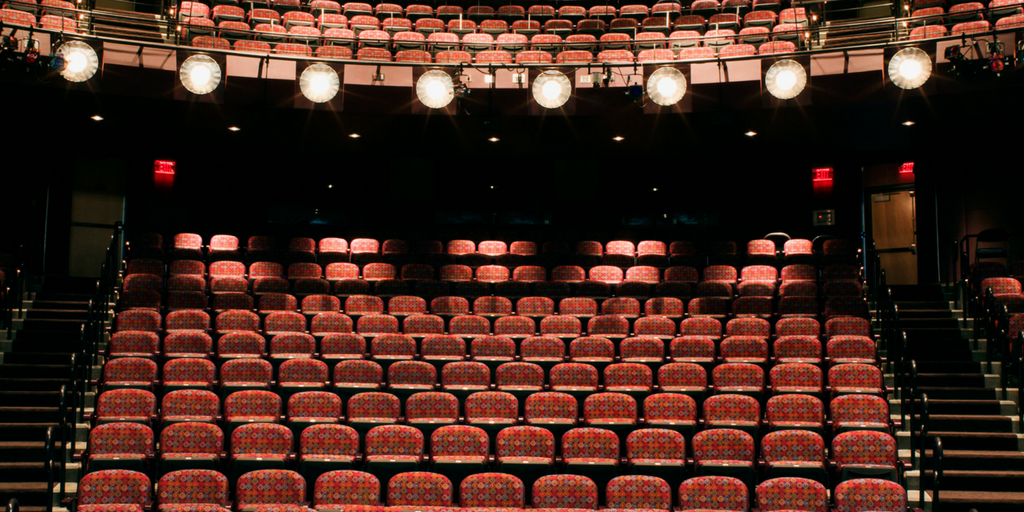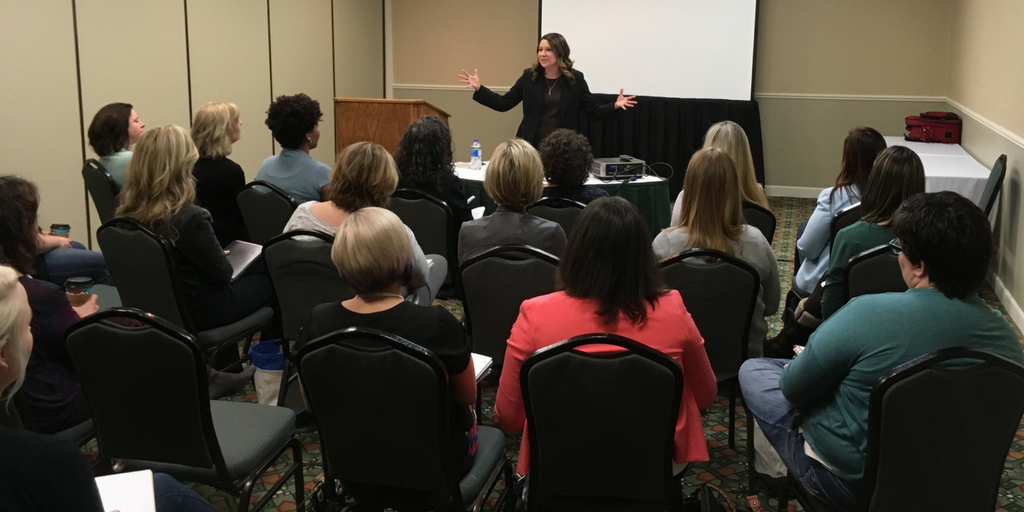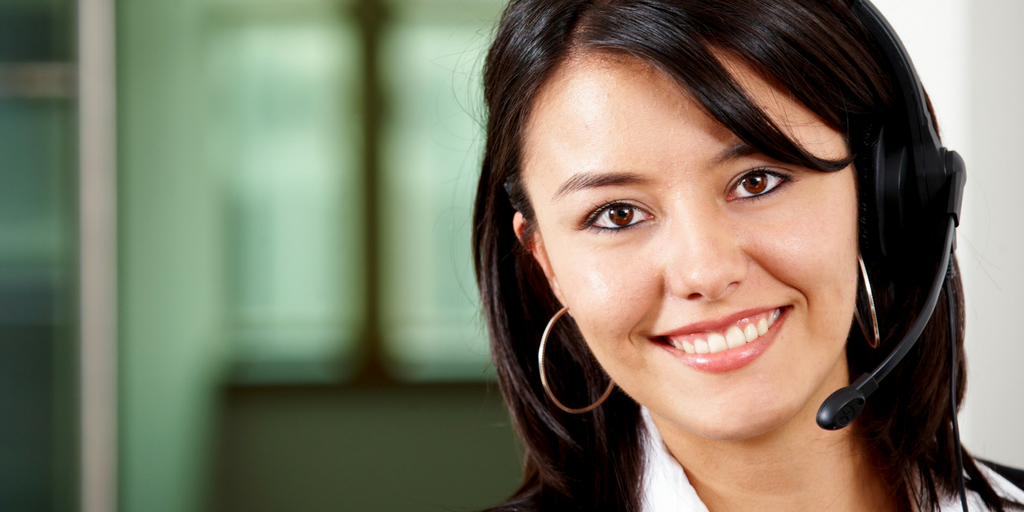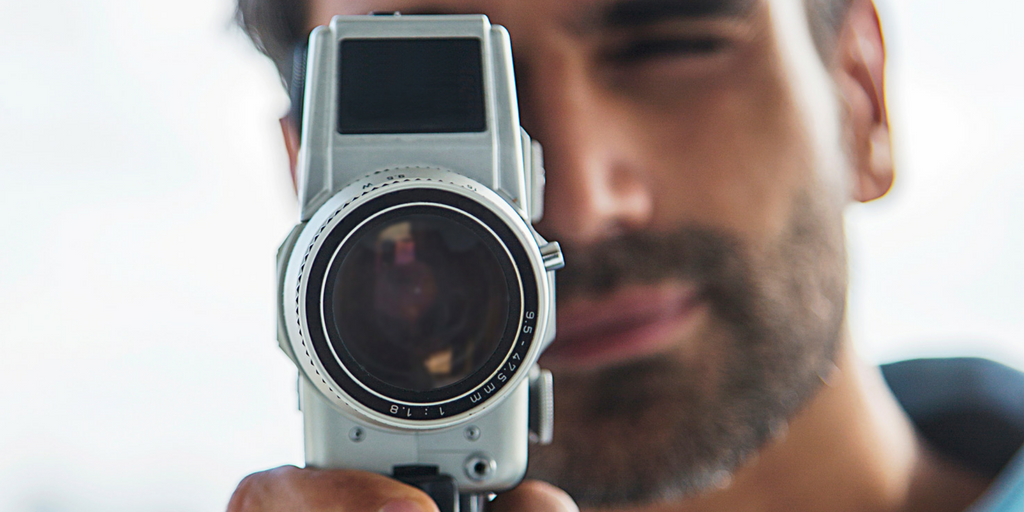I absolutely love Facebook Live. It's easy to use, portable, and doesn't require much equipment. It helps business owners like me connect with clients and potential clients from the comfort of home (or office). Achieving that "know, like, and trust" factor is easier with Facebook Live, too, because it gets a brand's real-live face and voice in front of people no matter where they live. I can go Live from my home office in Michigan and talk to people around the world.
Earlier this year I created an entire digital course teaching how businesses can truly harness the power of Facebook Live to grow their connections and relationships with customers. I've gone Live regularly since Facebook Live first debuted (I used Periscope before that). I've used Facebook Live both on my Facebook business page and in my Facebook groups. I've used it for group coaching programs, being a guest expert in others' groups, and for trying out course material on a Live audience. I've used it to teach things, tell stories, share information, laugh with my audience, be goofy, and promote new services.
But I'm not doing a weekly Facebook Live show.
Weekly Facebook Live shows are set up much like television shows. They occur on a set day and time, consistently each week. They can be entertaining, educational, or a combination of the two. They're effective because an audience becomes accustomed to tuning in on the same day at the same time every week to see and hear the brand or person they're following.
Those who have the most successful Facebook Live shows have clear goals and themes for their shows. Their followers become quite loyal to the show, the brand, and the person hosting the show. The most successful one that I follow is The Scattered Sasha Show. It's hosted by Sasha Gray weekly on Tuesday nights. She also hosts a morning show on her page on almost every day of the week. Her followers adore her and love tuning in to hear her hilarious stories, sarcasm, and funny musings. They are so loyal they have grown her Facebook page to the tune of 250,000+ followers and have gone on to start Facebook groups called "Sasha's Tribe" which are organized by state. If you're interested in starting a weekly Facebook Live show, hers is the model to learn from. Her show is AMAZING, so if you need a reason to try doing your own weekly show, her success is it.
With that type of success, why wouldn't I do the same? Why wouldn't I do a weekly show?
Well, I did one. I did it for about nine weeks. I picked a day and time, I created a plan, and I gave it a go.
Unfortunately, I hated every single thing about doing it.
I love going Live. I love talking about communication topics. I love talking to my audience. My followers have become friends. Many of them are clients. I love laughing with them and teaching them what I know. I love helping them overcome the communication challenges they're facing, and it's easier with Facebook Live.
But I hated that weekly Facebook Live show.
I'm a homeschooling Mom of five fabulous children, and I work from home. Having a weekly Facebook Live show on my schedule made me cringe. It actually brought on copious amounts of dread and anxiety. I didn't enjoy it. I hated planning it.
Here's why:
- I had it scheduled for Tuesdays at noon, but if I was in the middle of helping one of our children with particularly difficult schoolwork I had to stop the schoolwork to do the Live show. If we were on a roll with schoolwork, it felt wrong to come to a screeching halt to go do the show and think we'd somehow get back into schoolwork later.
- Sometimes I'd get to Tuesday morning and realize I still didn't really have great material to talk about or share. Sometimes I wouldn't have that until, say, Thursday. But the show was Tuesday at noon, so I was forced to find enough material to make sure I had that Tuesday show.
- I lost my spontaneity. What worked for me with Facebook Live was my love of "going Live" when the mood struck or when I became super excited to share something with my followers. Having a set day and time felt like drudgery for me, like I was chained to a calendar.
- Only certain people could view my show Live. I chose a day and time that worked best for me, but it automatically eliminated followers in varying time zones, work life, or who had prior obligations of some sort. The same people could watch each week, but the same others had to miss each week.
- Life gets in the way. One Tuesday I woke up and had no voice. At all. My kids loved it (haha), but there was no way I could go Live that day unless my followers could read lips. So instead of just going Live on a different day, I had to post an explanation as to why I wasn't going Live on that day as scheduled. I despise not following through on a plan.
- I have five children, and I am taxi-driver for them. I can't always control when one of my children has an appointment, practice, rehearsal, or event. I hate not following through on a commitment, so if I had to cancel a scheduled Live to drive a child somewhere, I felt guilty. Why have a scheduled weekly show if it's better for me to go Live weekly in a more spontaneous manner?
- It just didn't feel right for me.
So I canned the scheduled weekly Facebook Live shows and went back to doing what works for me. I'm using Facebook Live in a way that I loved before and still love. I still go Live regularly, but it's never on the same day or at the same time. Some Lives are scheduled in advance, but many are not. I still plan my Facebook Live content for the month, but my days and times vary each week. I end up talking about topics that are important in that moment instead of forced. I end up with a variety of viewers each time, so I'm seeing more faces. The dread and anxiety is gone. I'm more of a spontaneous person, and this works for me so much better.
I have to do business my way, and you have to do it your way. What works for one may or may not work for another. All of us should try new things and new ways, but in the end we all need to do what works best for us. A weekly Facebook Live show on a specific day and time did not work for me, so I'm not doing it. A bit of spontaneity with Facebook Live is more my speed, and I love that. So I'm sticking with it. I'm being me.
You be you.
If you need help figuring out how to grow your business with Facebook Live and other public speaking formats, join our Speaking Society by clicking here.



 Suzanne Brown is a strategic marketing and business consultant, advocate for professional part-time working moms,
Suzanne Brown is a strategic marketing and business consultant, advocate for professional part-time working moms, 







